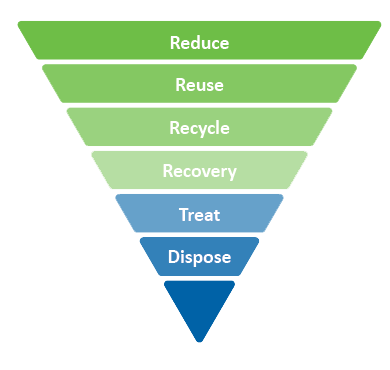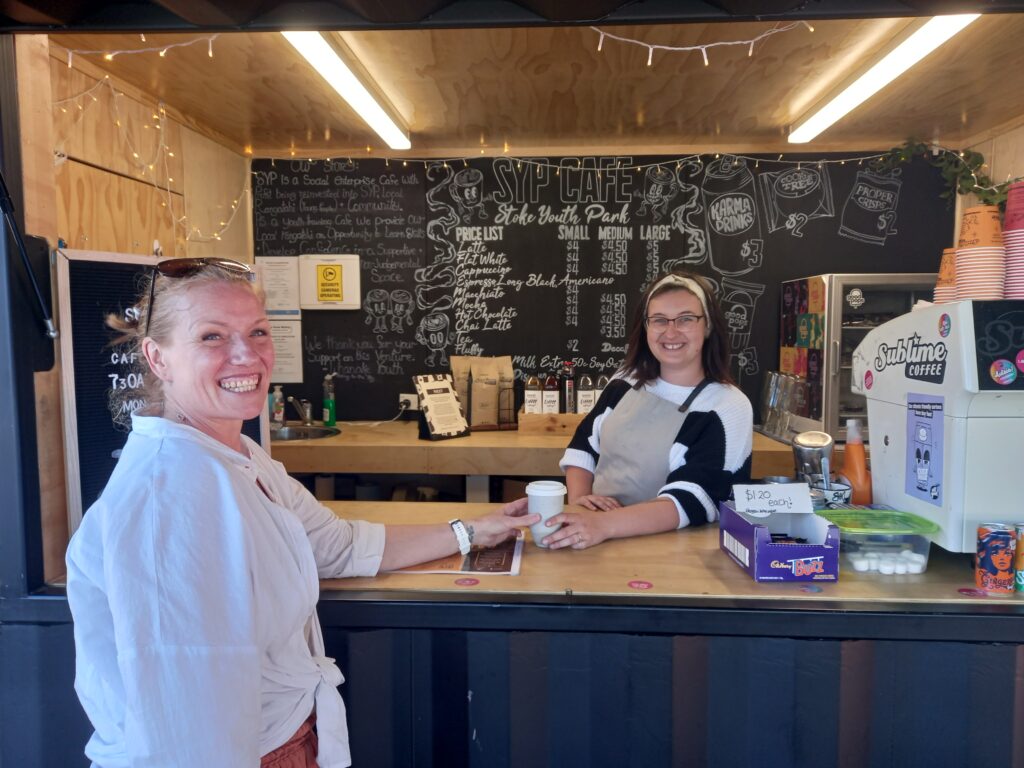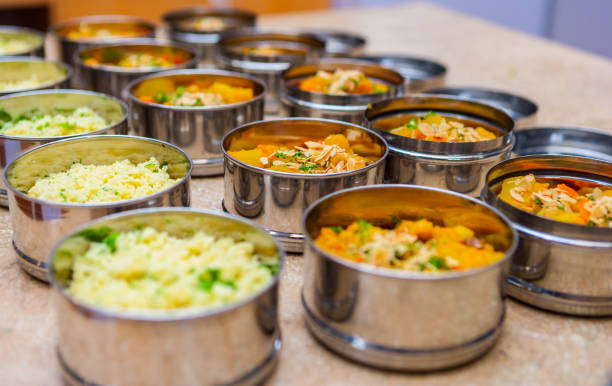I think we can all agree that we need to reduce what goes into our landfill, especially plastic items that get used once for a short time and then binned. Single use plastic food containers are part of the phased ban, so from mid-2023 you wont see many of them around anyway. So its good to transition now and start making a difference.
The purpose of packaging
One of the decisions you have to make when selling food is what sort of packaging to use. For retail items there’s a lot to consider, like shelf life, durability, aesthetic appeal, label information, aswell as sustainability. For ready to eat food and takeaways, simpler packaging is often suitable, buts what’s most sustainable?
The waste heirarchy is a great place to start considering your options.

Reduce packaging – do you even need packaging for the items? This is particularly pertinent for fruit and veg, which often doesn’t need to be wrapped in plastic. Some ready to eat foods also lend themselves to minimal packaging like a serviette.
Reuseable packaging – for hospitality this is an area of opportunity. Customers could be rewarded for using their own keep cups and containers with a small discount. There are great schemes like AgainAgain for tracking containers people borrow for free, and it encourages them to come back to return them and buy again. For retail, you could consider refills if you have an outlet like the market or a shop.
Recyclable or Compostable packaging – choose packaging that can be easily recycled by the end consumer, like glass jars, cans, or plastics 1, 2 and 5. Composting also fits here as the material is turned into another useful resource. Home compostable is the goal for retail packaging, whereas commercially compostable might be suitable if you are collecting a lot of it back and diverting it away from landfill. Compostables without PFAS (eg Ecoware and Innocent) can be commercially composted in Richmond at Greenwaste to Zero. And food scraps and tetrapaks can be collected by Community Compost in Nelson.
Recovery, treat and dispose – these are the last resorts, for packaging that’s hard to recycle or compost. If its going in the bin its going to landfill. So these should be avoided or minimized to the least possible, for example if you need a foil pouch can it be with a recyclable cardboard sleeve.
Solutions at Stoke Youth Park coffee stall

Stoke Youth Park coffee stall recently reviewed their use of single-use cups. It started with a simple question – “what do you do with your waste?”. They said they didn’t have much as people put their cups in the bins on the pavement. “Did you know that goes straight to landfill? You have nice compostable cups, but they’re all going to landfill” I pointed out. That was the prompt to really consider the life cycle of their products and their impacts. Their solutions now include a cup library for customers to borrow and return a crockery cup, a 50cent discount for people bringing their own cups, and now also collecting back any compostable cups so they can be taken to the GreenWaste to Zero plant for commercial composting. As a social enterprise with strong ethics and values, it was important for them to also consider environmental guardianship. They’ve gone on to consider other issues like sourcing milk in glass bottles, recycling tetrapaks, refilling containers of bulk items, and sourcing local products in good packaging. Ka pai to Stoke Youth Project.
If you’d like some help choosing sustainable packaging for your product, or introducing a reusable container scheme, please get in touch for some free advice.

